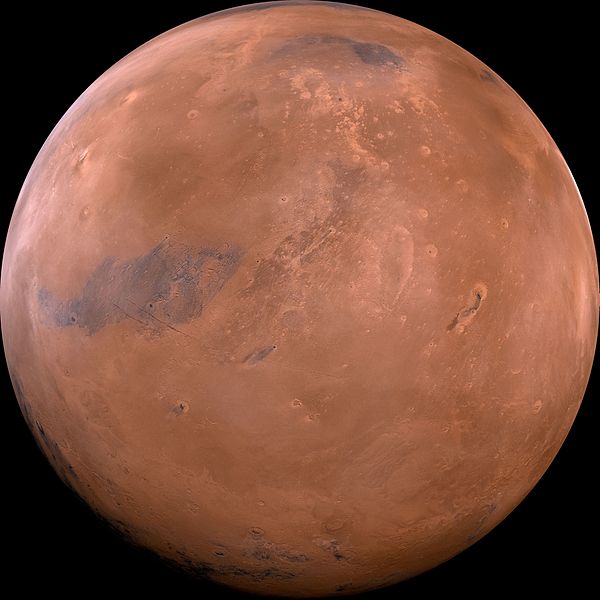By C. Robert Mesle
The hard fact, beyond all sentimentality, is that either we share suffering in love or outside of love, and it is not the same in one case as in the other. -- Daniel Day Williams
 It matters if someone loves us. No human experience is more fundamental to the Christian faith and tradition than the transforming wonder of being loved when we least deserve it. The very heart of the gospel is that the life and death of Jesus reveal the unconditional, gracious love of God. "By the love of God is made..." "While we were yet sinners..." "Beloved, if God so loved us..." "We love because he first loved us."
It matters if someone loves us. No human experience is more fundamental to the Christian faith and tradition than the transforming wonder of being loved when we least deserve it. The very heart of the gospel is that the life and death of Jesus reveal the unconditional, gracious love of God. "By the love of God is made..." "While we were yet sinners..." "Beloved, if God so loved us..." "We love because he first loved us."
In my youth, I experienced God as a Friend who loved me. The persistent power of that experience puts me in the odd position of defending the importance of a theology whose truth I doubt. As a process philosopher, I argue that Alfred North Whitehead's basic cosmology, and thus the world, will work very nicely without God. And yet I surprise my philosophical colleagues by challenging those theologians who say that process theology is irrelevant and unimportant to the Christian faith. My attraction to process theology is deeply personal, but not, I think, idiosyncratic.
It is important to emphasize again that I did not experience God as a distant or angry judge who condemns people to an eternal hell. My life-shaping religious experiences at worship services and with private prayer were nearly all intense ones of feeling that love of God in my heart so that I could not help but be loving toward those about me.
My God was certainly mysterious, but not in the distorted sense that thinks that divine love is "mysteriously" manifested in plagues, famines, child abuse, or concentration camps. My Friend called me to love justice, honesty, and people.
For this very reason I began asking the necessary questions, acknowledging the undeniable facts, reflecting on the conspicuous contradictions, and gradually stripping away my theology. At first I thought my Friend, God, was very powerful; but as I looked at the evil in the world, I knew that the God whose love I had felt would never willingly cause or allow such senseless suffering. It was God's love, not God's power, that had evoked my loving worship. I also thought my Friend saw all of time in changeless eternity. But when it became obvious to me that this faculty destroyed human freedom and the dynamic responsiveness of divine love, I realized that it was my Friend's steadfastness that had won my friendship, not the power to remain unaffected by the torrent of time. Love alone was left as worthy of my worship.
At the same time, life and theology became more ambiguous for me. Copernicus, Descartes, Feuerbach, and Freud taught me that there is more than one way to account for an experience, even the experience of my Friend's love. So today I am more comfortable talking about the experience of the sacred than about the existence of a divine being.
Because love has continued to be central for me and because the crucified Christ remains a powerful symbol of transforming grace, I persist in thinking of myself as Christian -- however liberal and humanistic. But remembering my Friend, I have strongly resisted all attempts to defend God in the face of evil by ranking power above love, by hinting that evil is really good in disguise, or by saying that God's love is too mysterious for us to grasp. However great the divine mystery, I know well enough what I meant by God's love, and it would never allow an innocent child to suffer needlessly if my Friend could prevent it. So I have opposed much in traditional Christianity.
At the same time, I have felt a certain sympathy with more traditional Christians who have argued that many liberals have undersold one vital element of the faith: an actual, loving God. Love is concrete and personal, never abstract. As profound as I have found theologians such as Paul Tillich to be, I wonder what it means to say that Being Itself loves me. I'm not sure that Tillich ever really said that God loves me, but he seemed to write as if "You are Accepted" amounts to the same thing. Even when I agreed with his philosophical description of reality, Being Itself never evoked in me that ultimate cry, "Lord, God!" However I struggled, I could never take the name of my Friend and transfer it to Being Itself. Tillich did not speak to me of the God who loves us, loves me, in that concrete, personal way that the gospel proclaims.
When I encountered the process theism of thinkers like John B. Cobb, Jr., I immediately recognized my Friend. The ambiguity of the world and the difficulties of interpretation remain dominant for me. But process theology retains what I loved in God and offers intelligent responses to standard concerns about science, history, freedom, and evil. Process theology proposes a serious dialogue with both my traditional heritage and my liberal integrity.




